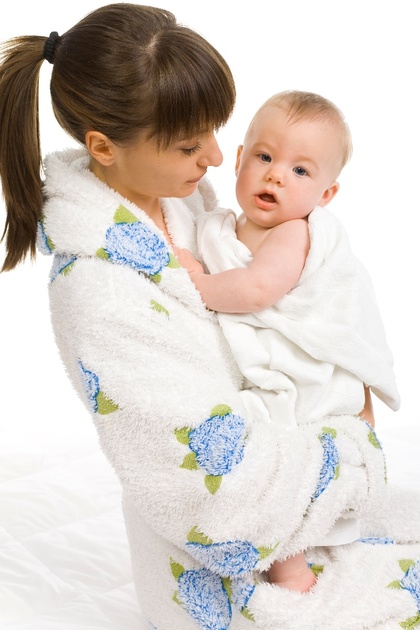
Dear Therapist:
After my last baby, I was feeling very sad and not myself. I thought it was just because I was very tired but people said I was depressed and I had what they call the baby blues. Now I am BH expecting again and I want to know what steps I can take to prevent this from happening again. I would appreciate any advice you can offer.
Response:
What used to be known as postpartum depression is a very common. Though many people refer to it as the “baby blues” regardless of severity and duration, I would differentiate between a mild episode lasting up to a couple of weeks and an episode that is more severe or lasts longer.
Most women feel tired for some time after childbirth. Many feel some sadness. This is what most people likely mean when they speak of the baby blues. These feelings most often dissipate over a couple of weeks. When these feelings persist or the new mom has constant crying spells, feelings of guilt, loss of interest in regular activities, insomnia, hypersomnia (excess sleep), or other serious symptoms of depression, it’s considered a depressive disorder.
The symptoms of depression after giving birth are thought to be due to hormonal changes due to the birthing process combined with the emotional effects of a major life event. Symptoms can occur after miscarriage and stillbirth as well. Women who have had some form of depression in the past are more likely to experience feelings of depression after giving birth.
It is important to monitor your feelings as you near the end of your pregnancy. If you begin to feel sad or have any depressive symptoms, you should speak with your doctor. Your doctor can recommend treatment, which may include medication or therapy to help reduce the symptoms. Beginning a relatively mild treatment early on may help to keep any symptoms under control without the need for more extensive treatment later on. In the event that additional treatment is required, having already begun treatment will likely reduce the severity and duration of the depression.
Another less publicized issue is postpartum anxiety. Racing thoughts, constant worry, fear of being alone with the baby, feelings of dread, and the sense that these thoughts will never disappear are some of the symptoms. As with postpartum depression, it’s important to identify any feelings of anxiety and seek treatment for them early on, so as to prevent an increase in severity and duration.
Eating and sleeping properly and exercising regularly (under your doctor’ guidance) can also help to prevent feelings of both anxiety and depression. It is quite possible that your baby blues was a one-time experience, and hopefully you’re worrying unnecessarily. Regardless, taking care of yourself will likely have positive effects on physical, chemical, and emotional levels.
-Yehuda Lieberman, LCSW
psychotherapist in private practice
Brooklyn, NY
author of Self-Esteem: A Primer
www.ylcsw.com / 718-258-5317

 Previous
Previous
